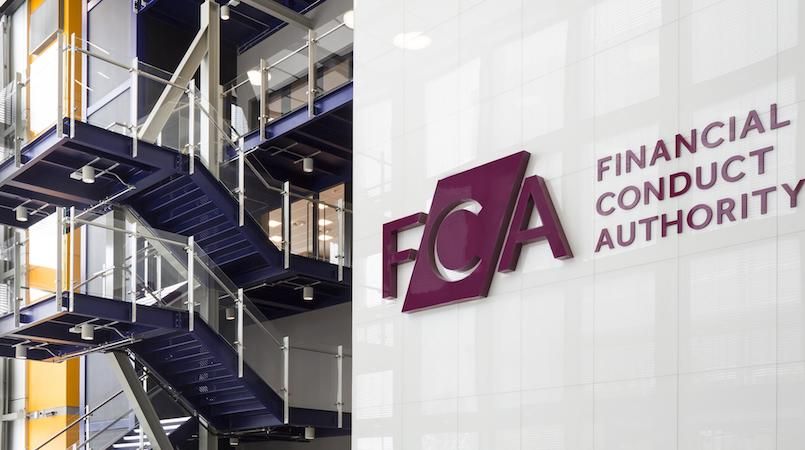The Financial Conduct Authority (FCA) should not expect all financial services firms to embed sustainability-related considerations in their business objectives and strategies, industry respondents to the UK regulator’s latest sustainability discussion paper have said.
The deadline for responses to the FCA’s discussion paper Finance for Positive Sustainable Change closed this week in which the regulator sought views on sustainability approaches, its role in providing guidance, stewardship, culture and governance, ESG competence and remuneration. The paper forms part of the regulator’s commitment made in its ESG strategy published in November 2021.
In their responses to the paper, Morningstar noted approaches to embedding sustainability may differ depending on the financial services firm, but that it would “encourage the FCA to work with other regulators around the world to develop multi-lateral rules”. The data firm also said it would be “premature” to mandate transition plans and sustainability considerations in business strategies given the upcoming reforms resulting from the regulator’s Sustainability Disclosure Requirements and the International Sustainability Standards Board.
“We caution about imposing regulatory guardrails too fast too soon,” it said. “In particular, disclosure is still at an embryonic state; many companies are yet to report on science-based targets; and detailed understanding of ESG KPIs is currently confined to a relatively small cohort.”
Similarly, the UK Sustainable Investment and Finance Association (UKSIF) said: “A very prescribed set of expectations from the regulator from the onset on embedding sustainability-related issues into objectives may not be entirely appropriate for all regulated firms spanning multiple sectors and geographies.”
The Investment Association’s CEO Chris Cummings told ESG Clarity: “Further regulation of investment management firms on sustainability-related matters is not appropriate at this time.”
However, in other areas such as stewardship, both Morningstar and UKSIF welcomed further input from the regulator. “We would welcome a renewed focus from policymakers on the role of wider financial market participants in promoting good stewardship, such as auditors, investment consultants, and ESG service providers, which could emphasise ‘best practice’ standards alongside consideration of formal rules in time,” UKSIF added.
“One proposal we recommend is consideration from government and regulators of an over-arching ‘stewardship strategy’, which could promote a more joined-up, coherent approach to investor stewardship in the UK. A very first step could be a joint strategy from the FCA, FRC, and other financial regulators comprehensively outlining in a streamlined manner, recent relevant and upcoming stewardship measures for industry and clarifying how initiatives are linked to and complement one another.”
The FCA identified skills gaps when it comes to sustainable investing, asking respondents for their thoughts on how to address these. UKSIF noted knowledge gaps on social issues, and biodiversity and natural capital, and referred to the benefits of training and exams, such as the CFA’s certificate in ESG investing. It also suggested creating advisory bodies to boards to provide counsel and detailed input on a range of sustainability factors, but warned against a ‘one-size-fits-all’ approach.
Finally, UKSIF recommended firms avoid higher remuneration across the board in response to the regulator’s question on incentive plans linked to sustainability-related objectives. “There are some risks of company management setting out ‘easy to achieve’ targets, and therefore the right category of KPIs need to be set – some of these could be linked to, or informed by, senior managers’ competence of sustainability issues, given that high levels of competence will be important in establishing meaningful KPIs and ensuring clear line of responsibilities throughout a company,” UKSIF said.
“We hope to see these links examined further in future, especially as we can expect ESG-linked pay to become more prevalent in companies over the coming years.”








